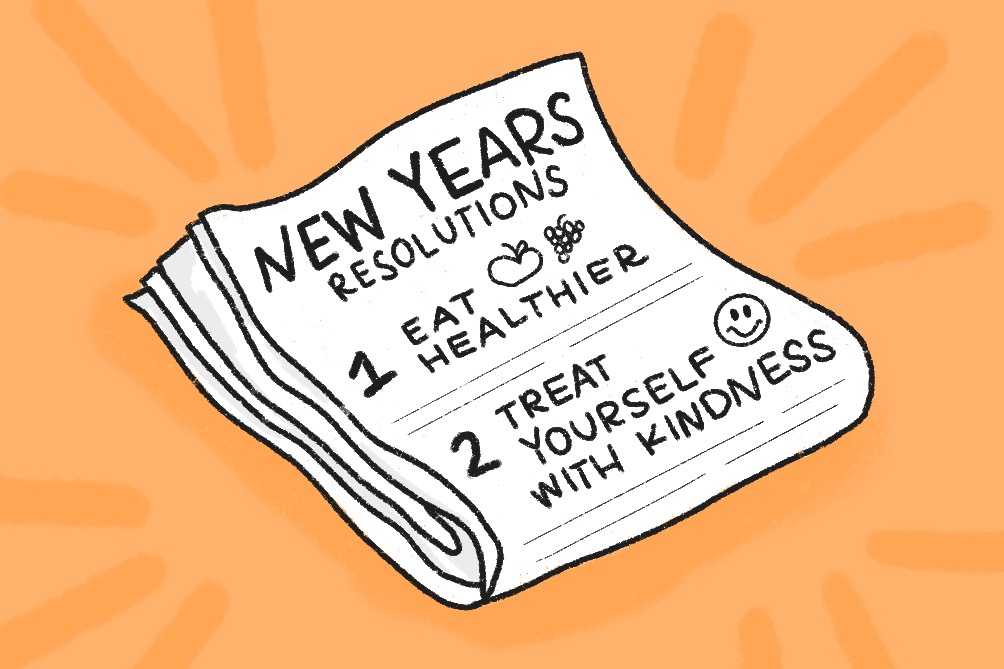The good news/bad news rollercoaster continues for the American economy, especially when it comes to bankruptcy. While this year, February’s consumer bankruptcy filings were down compared to the same time last year, they were still 11 percent higher than in January 2011, according to the American Bankruptcy Institute.
So is that good news or bad news if you’re among the millions of Americans facing bankruptcy as the only remaining solution to your financial problems? It’s probably a little bit of both.
On one hand, so many bankruptcies indicate that high debt, unemployment and a continuously poor housing market are still major problems for millions of Americans. On the other hand, it means the relief from debt that bankruptcy can offer is still working for many people – and could possibly work for you.
Before you make a decision about bankruptcy, you should get the facts. Here is the truth behind some common bankruptcy myths:
While personal bankruptcy rates dropped overall across the country, some areas remain harder hit than others. Hit particularly hard by the housing crash, California bankruptcy filings remain high. Utah bankruptcy filings also continue to rise.
You may have heard that changes in bankruptcy laws have made it very difficult to declare bankruptcy. “Not true,” says Carl Gustafson, a bankruptcy attorney at Lincoln Law, a top bankruptcy law firm. “Nearly everything the old law allowed you to do, you can still do under the new law,” Gustafson says.
Another common myth is that when you declare bankruptcy, you will lose everything you own. Also not true. Bankruptcy courts permit “exemptions” for things such as your car, houses, mobile homes, land, household goods, even life insurance cash value and IRAs.
Many people believe that bankruptcy cannot relieve all their debt, only some of it. It’s a myth, however, that bankruptcy will only wipe away your credit card debt, leaving you struggling with a first or second mortgage. If you owe more on your first mortgage than your house is worth, you may be able to treat your second mortgage as unsecured debt and get rid of it altogether.
You may have also heard that bankruptcy will ruin your credit forever. Actually, relieving yourself of crushing debt can open up the opportunity to improve your credit history. If you’re not struggling with debt, you will be able to pay bills on time, reduce your ratio of credit used to credit available, and demonstrate your ability to responsibly use credit going forward. Keep in mind that your credit score is influenced by many factors other than your bankruptcy (which will cycle off your credit report in 10 years). Unburdening yourself from debt could help you regain control over those other factors.
Finally, one of the biggest myths is that only deadbeats file for bankruptcy. Nothing could be farther from the truth. In an economy where millions of people are unemployed and/or uninsured through no fault of their own, many people will find themselves unable to pay debts. In fact, many studies have shown that medical bills are the leading cause of bankruptcy in the United States.
The best way to decide if bankruptcy can help you is to consult with expert bankruptcy attorneys. You can learn more at www.lincolnlaw.com






